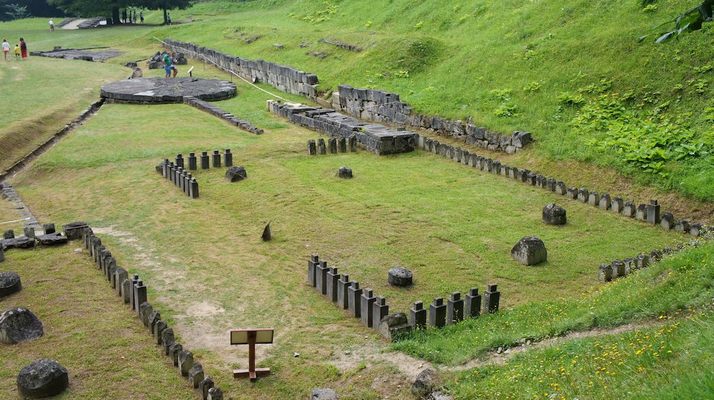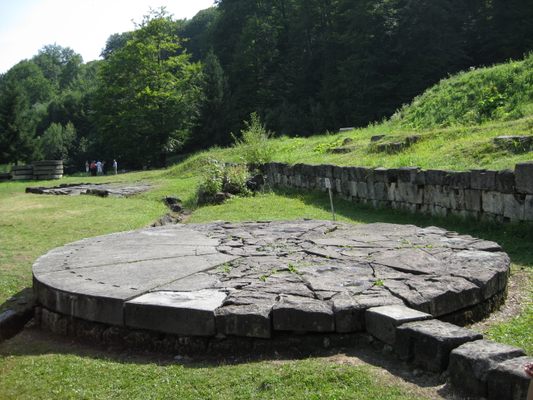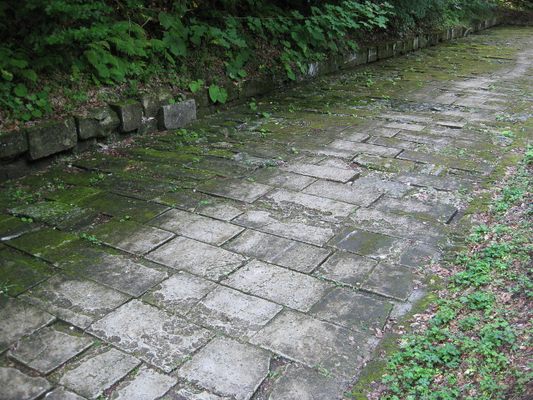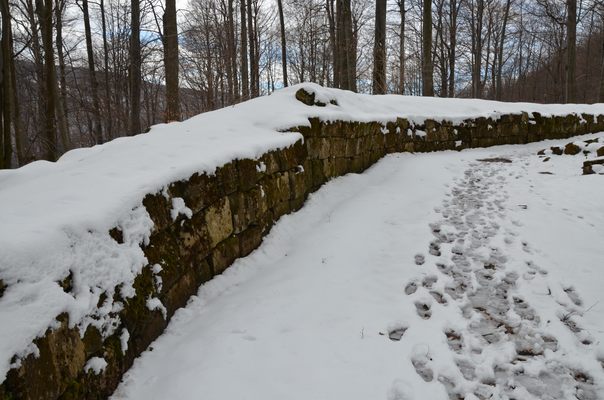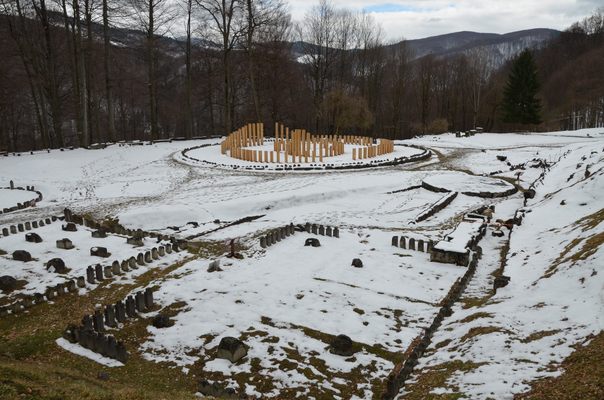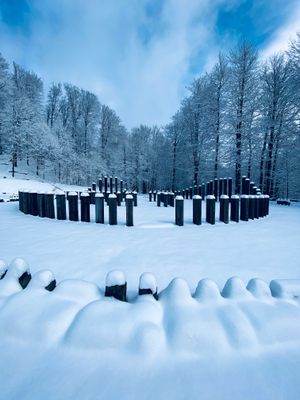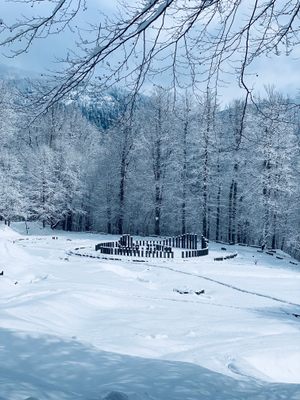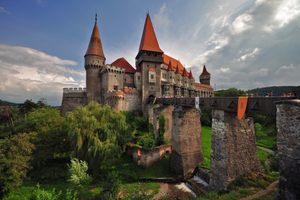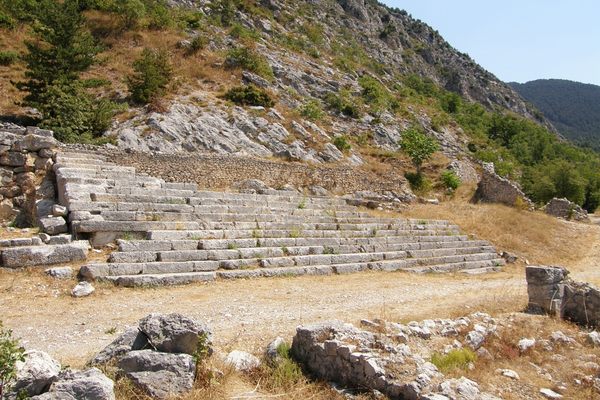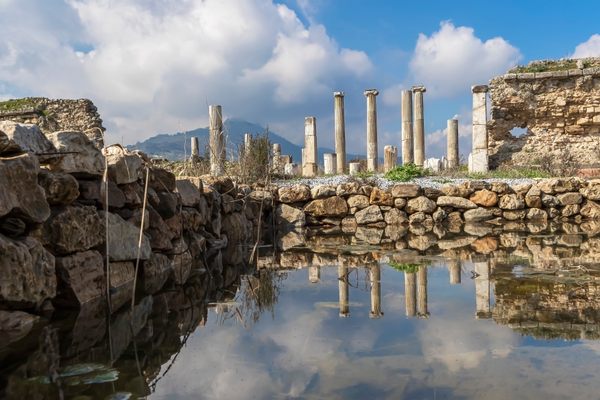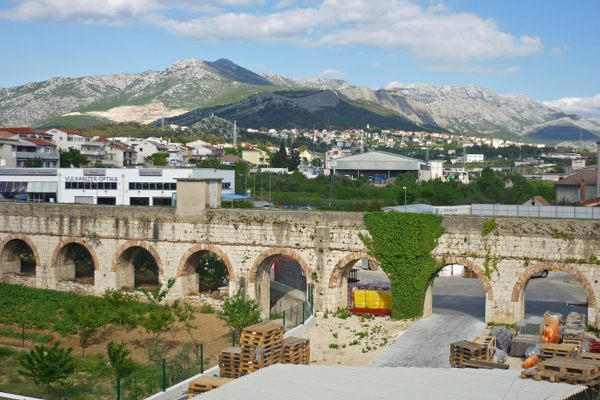About
From the second century B.C. until the first century A.D., the kingdom of Dacia could be found west of the Black Sea and north of the Danube River. When the Romans conquered Dacia in 106, they destroyed its capital, Sarmizegetusa Regia, and established a new city some 40 kilometers (25 miles) away to serve as the capital of their new province. But in the 20th century, the remains of the older city were discovered in what is now Romania.
Before Dacia became a province of the Roman Empire, Sarmizegetusa Regia—located in what is now Romania—served as the center of the kingdom's religion, military and politics. The city was built on top of a 1,200-meter (4,000 foot) tall mountain hidden deep in the Carpathians, and was a core of strategic defense. Even to this day, accessing the ruins is relatively difficult.
Serving as the Dacian capital for well over a century, Sarmizegetusa Regia reached its zenith during the reign of the legendary King Decebal, but Rome's relentless assaults put an end to its prosperity. The city's fortress, which was constructed for defense against enemies including the Roman Empire, is composed of six citadels. The walls were destroyed by the Romans after the wars and the abandoned city was left to waste.
Excavations in the 20th century unearthed the fortress, sanctuaries, and remains of civilian housings along with scores of archaeological artifacts, including an enigmatic sundial known as the Andesite Sun. Many of the artifacts discovered at the site are now housed at the Deva History Museum in Deva.
In 1999, the ruins were designated as a UNESCO World Heritage site. Located among the dense forests of the beautiful Șureanu Mountains, the isolated site of Sarmizegetusa Regia is a lovely place to visit and a must-see for enthusiasts of ancient history.
Related Tags
Legends of Romania: Castles, Ruins & Culinary Delights
Discover Romania's Medieval Castles & Culture.
Book NowPublished
April 24, 2020


